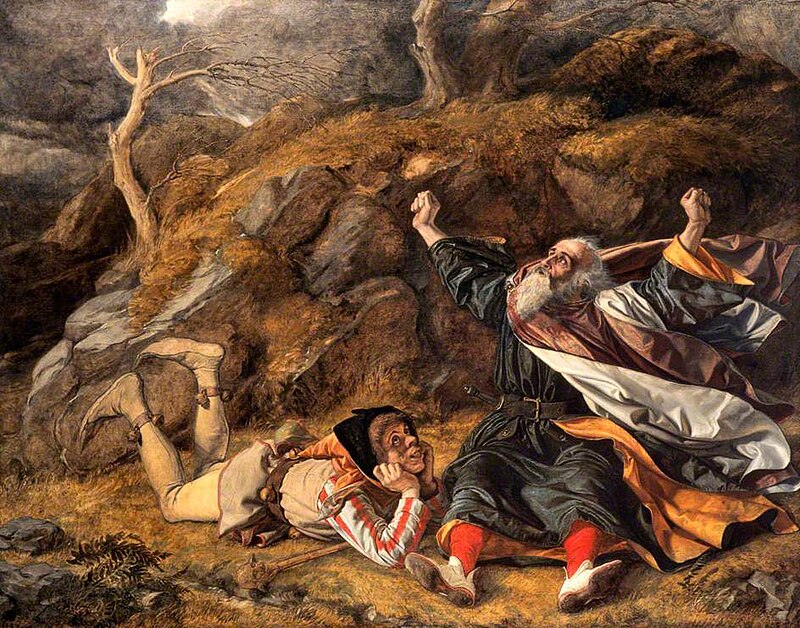"All the World's a Stage": William Blake and William Shakespeare
MacPhee, Chantelle L. (2002) "All the World's a Stage": William Blake and William Shakespeare. PhD thesis, University of Glasgow.
Full text available as:| PDF Download (32MB) | Preview |
Printed Thesis Information: http://encore.lib.gla.ac.uk/iii/encore/record/C__Rb2089099
Abstract
Shakespeare's presence in Blake's poetry has been virtually unrecognised by scholarly criticism except, of course, for Jonathan Bate's groundbreaking work of 1986. Bate has had no major successors, so this thesis is, then, an attempt to close to lacuna, to restore Shakespeare to the place that was recognized by Blake himself, as a major influence on his work. In my introductory chapter, I offer a brief sketch of the manner in which Shakespeare informed the culture of the later eighteenth century of which Blake was a product. I survey Shakespearean production, staging and acting techniques, and the history of textual reproduction, before turning to an aspect of the Shakespearean tradition of particular importance to Blake, the production of illustrated editions of Shakespeare's work, and the recourse to Shakespearean subject matter of the painters of the later eighteenth century. I end this chapter with an account of Blake's own Shakespearean illustrations. In Chapter 2, I focus on the earliest of Blake's poems to show a clear Shakespearean influence, the dramatic fragments: "Prologue to King John", Edward the Third, and "Prologue to Edward the Fourth". The major model for these early poetic experiments is, of course, the Shakespearean history or chronicle play, but I argue that even in these apprentice works Blake's appropriation of the Shakespearean model is complex. Shakespeare's history plays celebrate the emergence of an England that, as the defeat of the Spanish Armada demonstrated, had emerged as one of Europe's most powerful nation states. The most pressing political context for Blake's dramatic fragments is England's loss of America, its greatest overseas colony. The fragments are addressed, then, not to a confident nation, proud of its newfound position in the world, but to a nation that had very recently suffered a major blow to its confidence. Already evident, too in these early fragments is Blake's distrust of the Shakespearean notion, flamboyantly expressed in a play such as Henry V, that a nation's greatness might appropriately be measured by its military successes, particularly in war against another state.
| Item Type: | Thesis (PhD) |
|---|---|
| Qualification Level: | Doctoral |
| Subjects: | P Language and Literature > PR English literature |
| Colleges/Schools: | College of Arts > School of Critical Studies > English Literature |
| Supervisor's Name: | Cronin, Prof. Richard and Prickett, Prof. Stephen |
| Date of Award: | 2002 |
| Depositing User: | Ms Aniko Szilagyi |
| Unique ID: | glathesis:2002-3467 |
| Copyright: | Copyright of this thesis is held by the author. |
| Date Deposited: | 21 Jun 2012 |
| Last Modified: | 10 Dec 2012 14:07 |
| URI: | http://theses.gla.ac.uk/id/eprint/3467 |
Actions (login required)
 | View Item |
Downloads
Downloads per month over past year

 Download Statistics
Download Statistics